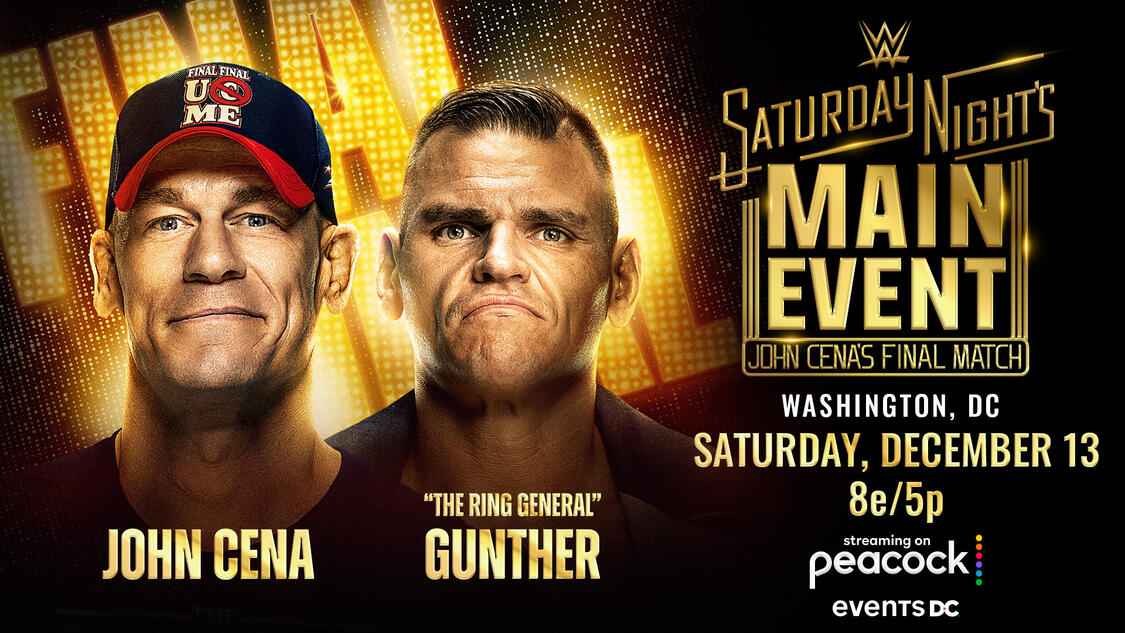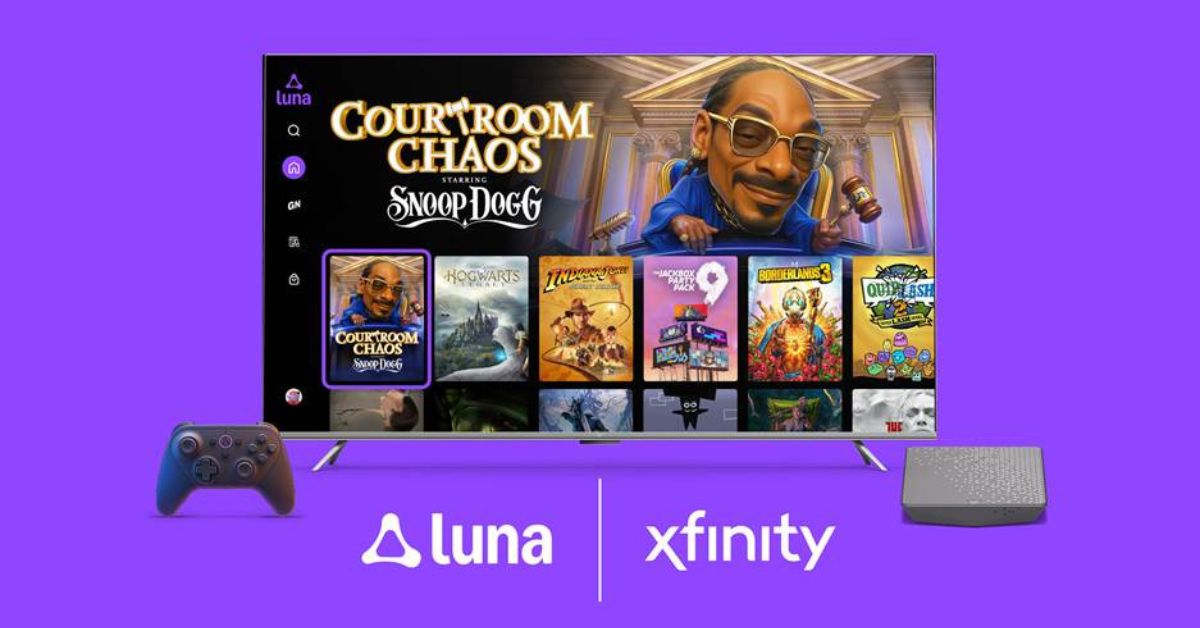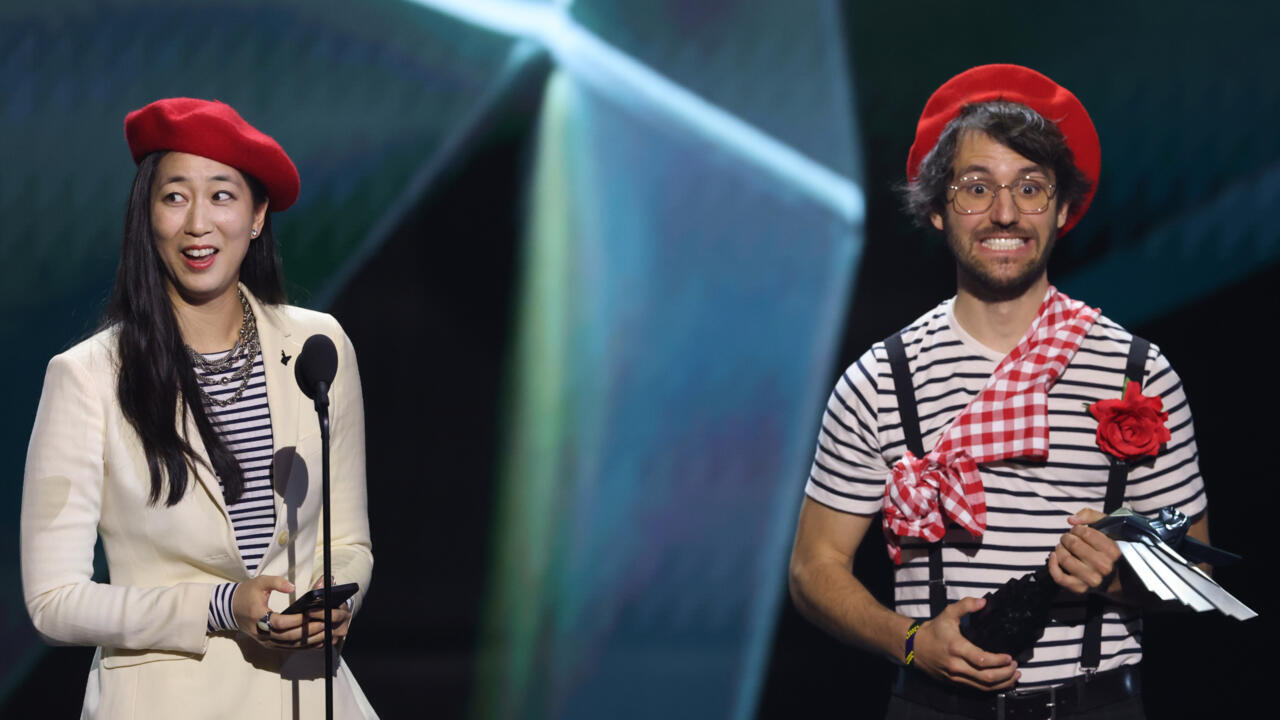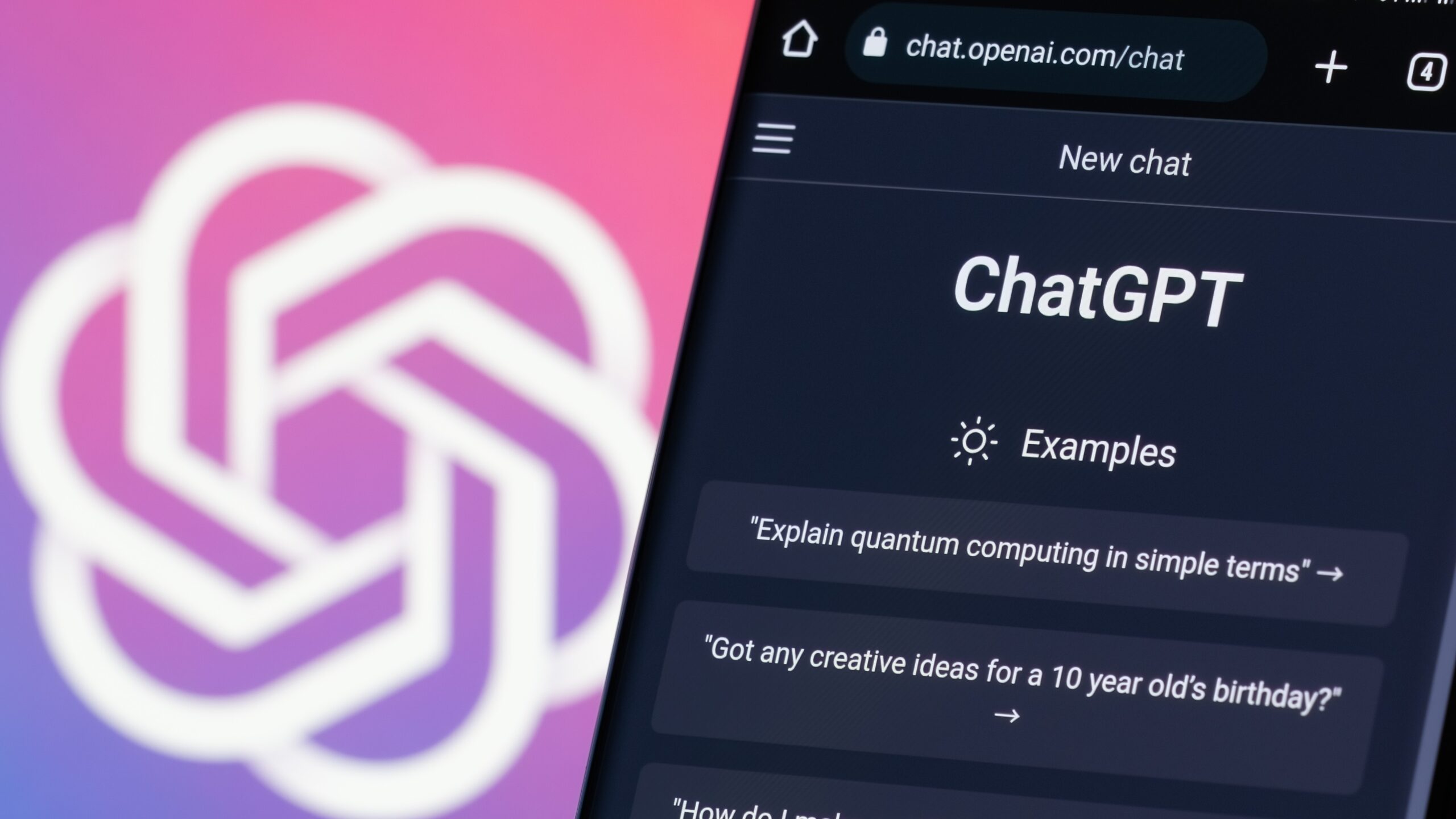A class-action lawsuit filed in California federal court accuses Spotify of allowing large-scale streaming fraud that allegedly inflated the numbers for Drake while harming other artists. The complaint, brought by rapper RBX (Eric Dwayne Collins) on behalf of “other members of the general public similarly situated,” claims Spotify failed to prevent or penalize a network of bots that streamed Drake’s music in massive volumes.
According to the filing, Drake’s catalog, which totals about 37 billion streams, included a “substantial, non-trivial percentage” of inauthentic plays traced to bot activity. One cited example involves a period in 2024 when hundreds of thousands of streams of his song “No Face” were logged from unusual regions, with data allegedly manipulated through VPN rerouting. The lawsuit argues that fraudulent streaming reduces the value of legitimate plays because Spotify distributes royalties from a fixed revenue pool. When one artist’s streams are artificially inflated, every other artist’s share shrinks.
Drake is not named as a defendant in the case. The lawsuit focuses solely on Spotify’s practices and its alleged failure to maintain a fair streaming environment. Spotify issued a brief statement saying it cannot comment on pending litigation but emphasized that it invests heavily in tools and technology to detect and remove artificial activity.
The complaint claims that many of the accounts streaming Drake’s music were inactive, located in regions with population counts that didn’t match the volume of plays, or running playlists nearly around the clock. It estimates that smaller artists collectively lost hundreds of millions of dollars in royalties because of these inflated stream counts.
The lawsuit highlights a growing issue in digital music: streaming manipulation and the platforms’ responsibility to detect and prevent it. The case could push Spotify to disclose more details about how it audits its data and enforces fraud prevention measures. For independent artists, it raises questions about whether the current payout model truly rewards authentic engagement or simply amplifies whoever generates the highest numbers—real or not.





